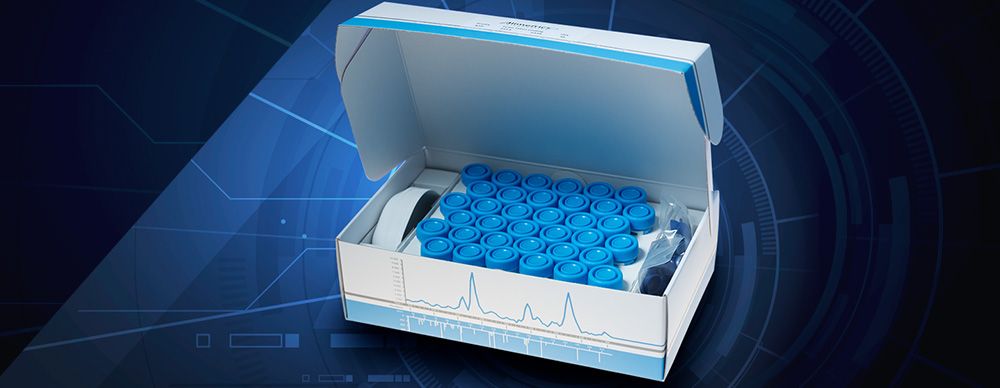
Ruminometrics™ – Advancing methane reduction with the ex vivo rumen fermentation model
As climate change intensifies and the spotlight on greenhouse gas emissions grows, the agricultural sector faces increasing pressure to reduce its carbon footprint. One of the most frequently cited contributors to these emissions is methane from livestock, particularly ruminants. Read this blog by Teemu Rinttilä, Head of Research Services on […]





